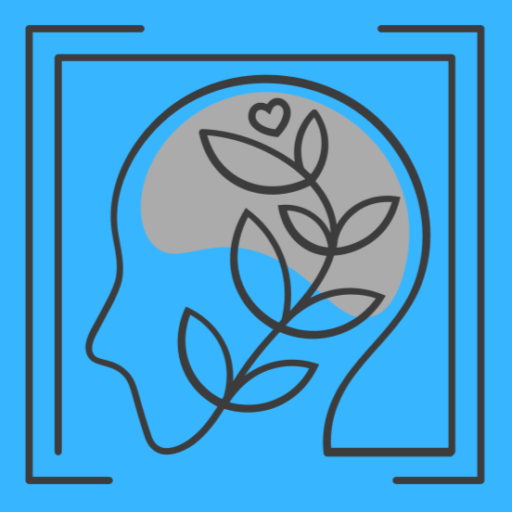Attachment and Wellness
Attachment and Wellness are Inseparable
Feeling connected and important to others is essential for our overall well-being. Simply put, attachment and wellness are inseparable. Therapists use Attachment theory and Emotionally Focused Therapy (EFT), a primary application of this theory, to provide significant insights into developing healthy connections.
What is Attachment Theory?
Attachment theory, initially developed by John Bowlby and furthered by Mary Ainsworth, posits that the bonds formed in early childhood have profound effects on our emotional development and interpersonal relationships throughout life. This theory has evolved to encompass adult relationships, recognizing that the need for secure attachments extends well beyond childhood. In therapy, understanding how individuals cope with feelings of disconnection, with threat to security – is key to addressing various emotional and relational challenges.
The Role of Emotionally Focused Therapy in Enhancing Relationship Bonds
Emotionally Focused Therapy (EFT), an attachment-based model of treating couples families and individuals, is a short-term form of therapy that focuses on adult relationships and attachment/bonding. It helps individuals understand their emotional responses and patterns in relationships. EFT is a highly-effective, gold standard couples therapy. It encourages partners to express their emotions and needs more openly and empathetically, fostering stronger, more secure relational bonds.
The integration of attachment theory and EFT in therapeutic practices has proven instrumental in promoting mental wellness. By addressing the underlying attachment needs and emotional patterns, therapists can help individuals and couples develop healthier, more fulfilling relationships. This, in turn, contributes significantly to overall mental health and wellness.

In this podcast episode, Cornelius enjoys discussing the relationship of healthy interpersonal bonds to overall wellness, i.e. attachment and wellness, with Heather Haslem, the Senior Project Coordinator for Workforce Development at the Center for the Application of Substance Abuse Technologies (CASAT) at the University of Nevada, Reno. Heather trained at Duke University as an Integrative Health Coach. She is a National Board-Certified Health & Wellness Coach (NBC-HWC). Heather also brings expertise as a qualified Mindfulness-Based Stress Reduction (MBSR) teacher and yoga instructor.
#attachment #emotionalwellness
You

